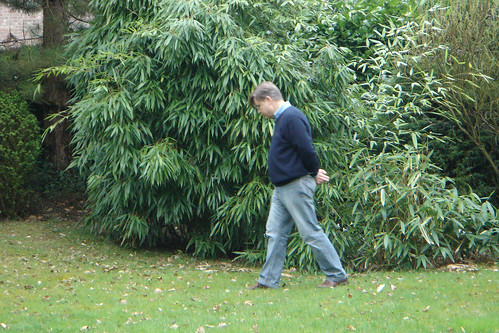It is the anniversary, though I don’t need an anniversary to remind me of someone who’s energy, wisdom, and spirit, I carry with me everyday. 2 years ago I wrote this text, and I re-post it because it never stops being true:
When I was a child, he would come over to the US and take family vacations with us.
I would listen to his stories of so many adventures he had just returned from.
He spoke so many languages and had this encyclopedic knowledge of the world.
I think even then as a child, I looked at him and listened to him; I wanted to be like him.
As a teenager I would spend parts of my summer with him in Lisbon, thrilled at the chance to go to work with him.
He had this way of plucking books and artifacts off his shelves, to show me some evidence of some historical occurrence. In the middle of a conversation he would start searching some stack of books or in some drawer for something magical that illustrates a point.
As a young adult and a student, I lived in his place in Lisbon. Spending wonderful days and nights, surrounded by his books and his things. Thrilled to be carrying on the tradition, and comparing notes any chance we would get, about what was going on in the city we both loved.
It should come as no surprise that years later I would plant myself in Amsterdam, with him only three hours away in Brussels. Again whenever I felt alone in my adventures, I took solace in the fact that I had him nearby, always ready with advice or a warm home (and a loving family) for me to visit.
He followed my every move on the internet, the audio, the video… it was all filed away in his computer. Knowing this gave me a sign that I was doing something special, that the person whom I’ve look up to all my life, understood and enjoyed my dedication and purpose.
There was never a time that I wasn’t learning from him, about the world around us, about how we got to where we are, and even now… about life.
It is inadequate to write only one post and only these few lines about someone I love so much and will always love. But when it comes to him, someone who has so much to do with who I am and so much of the joy I’ve had in this life, it is impossible not to tell the stories and shout it from the mountaintops- for all the world to hear.
My dearest cousin, you will always be my inspiration and guide as I make my way through this world. But of course, I know you knew that…

 One key point that I didn’t manage to get into for the piece I wrote about Portugal on the
One key point that I didn’t manage to get into for the piece I wrote about Portugal on the  You’ve heard about the islands in the Pacific Ocean that are disappearing due to rising sea levels. But have you heard from the people there? Have you listened and watched as an entire culture faces extinction or mass displacement? Will traditions and identities survive in the face of such a crisis?
You’ve heard about the islands in the Pacific Ocean that are disappearing due to rising sea levels. But have you heard from the people there? Have you listened and watched as an entire culture faces extinction or mass displacement? Will traditions and identities survive in the face of such a crisis?